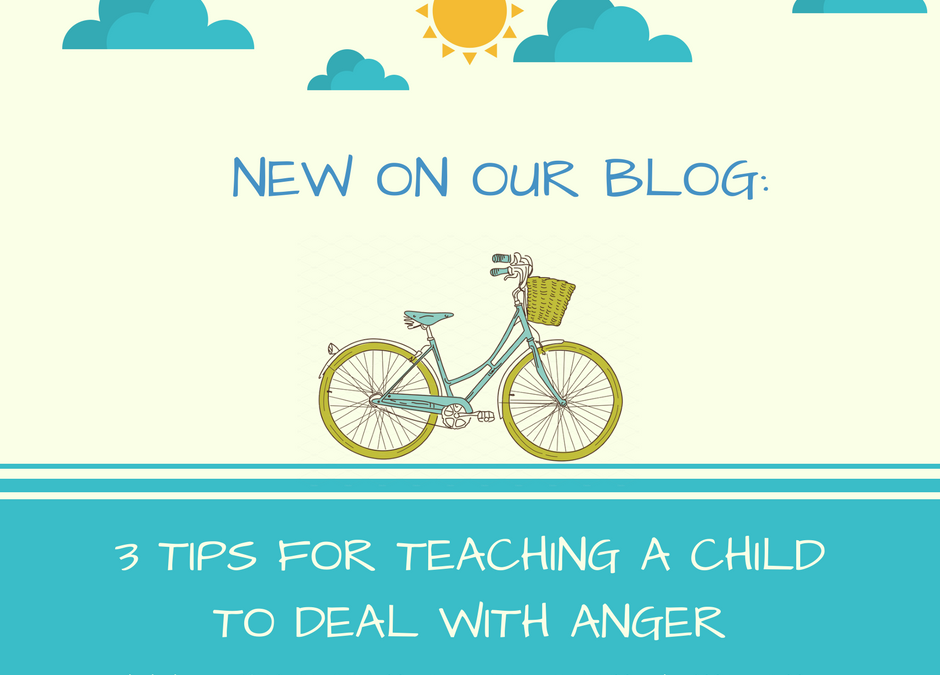By: William Giannouloudis
It’s easy to assume that children live an easy and carefree life, but in reality, life’s stressors can rear their ugly heads in a child’s life, causing him or her to act out. So, how do you productively handle your child’s intense feelings?
The goal is not to suppress angry feelings in children but to accept them and help channel them to positive and constructive ends. Identify your child’s strengths and build upon them, showing children acceptable ways of expressing their feelings. Here are three ways you can do so.
Emphasize the good
Every child must be taught what is right and what is wrong. Instead of focusing on punishment, respond to positive efforts and reinforce good behavior. Tell the child what behaviors please you. For example, thank him or her for sitting quietly while you’re on the phone, or show affirmation when he or she shares with a sibling.
Offer physical outlets
Give your child an opening to take his or her mindset off the anger and push it into something more beneficial to them. When working with a child with behavioral issues, our clinicians take him or her to a park or a gym, allowing the child to exert disruptive behaviors into more positive efforts. Physical activity is a healthy way, both physically and mentally, to calm a child down.
Explain situations
Helping your child understand the cause of a stressed situation begins the process of your child learning how to react properly to their frustrations. As you explain the cause, work through how to solve the problem as well. Teaching problem-solving skills in children at an early age will have a lasting impact on their behavior.
For example, our clinicians initially ask what their consumer wants to talk about. If it’s Pokémon, then our clinician will talk about Pokémon for however long the child chooses. That’s the child’s time to talk. After that, it’s the clinician’s time to ask about personal situations. The child is now comfortable and willing to talk about his or her frustrations.
If you think your child could benefit from behavioral therapy, we encourage you to reach out to South Bay Community Services. Our Children’s Behavioral Health Initiative services are professionally conducted by a qualified clinician or staff member, and focuses on the primary needs of the individual. At South Bay, you and your child can find the support and assistance you need.

